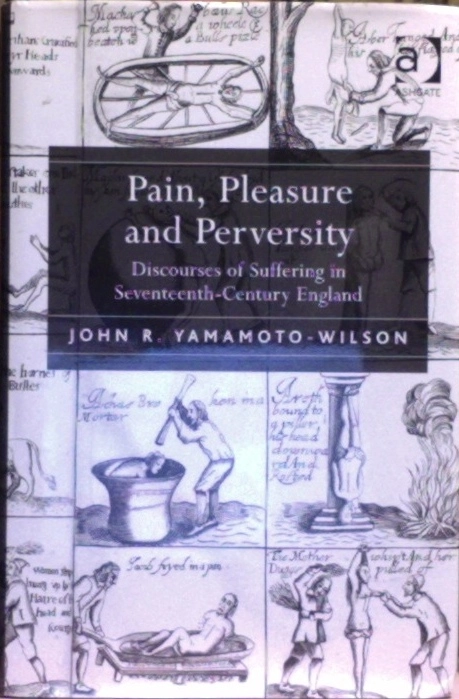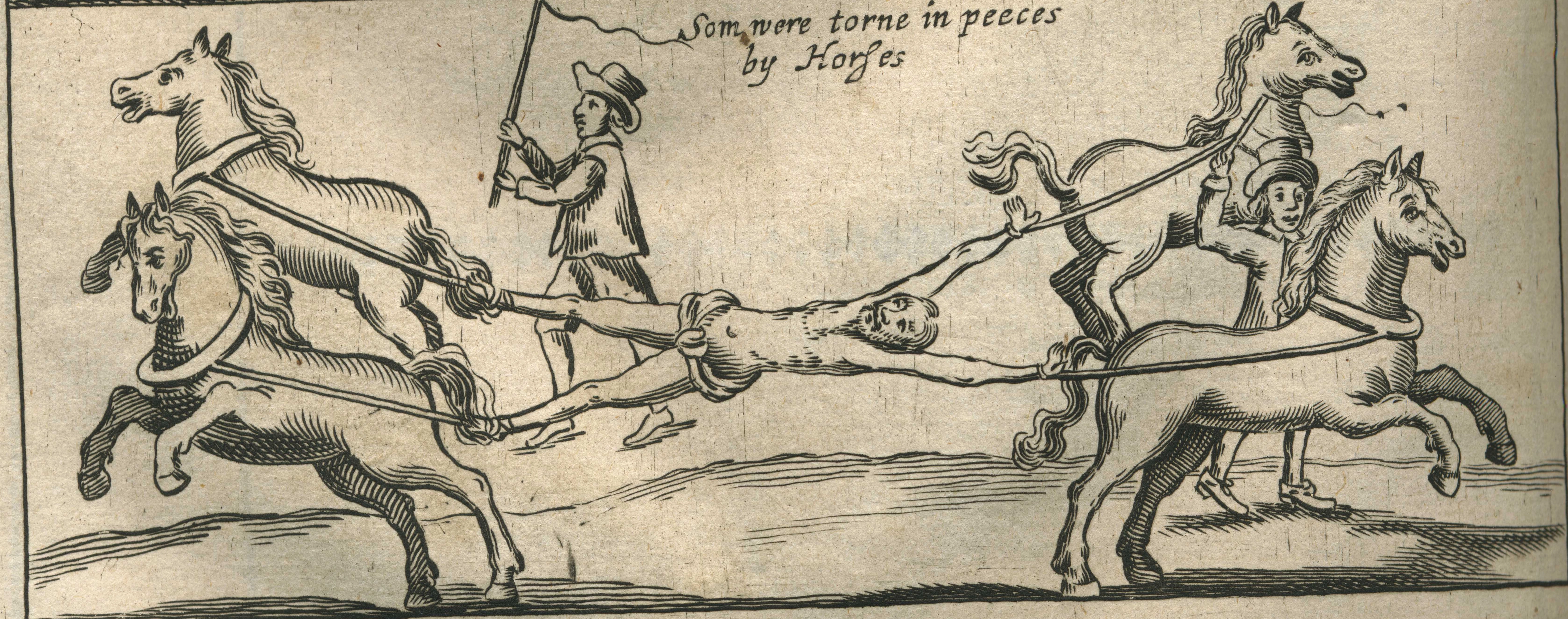The Art of Suffering
Ann Thompson, The Art of Suffering and the Impact of Seventeenth-Century Anti-Providential Thought (Ashgate, 2003). This book gives a useful insight into the decline of the 'art of suffering' in the seventeenth century. As Thompson explains, during the earlier part of the century, writers like Richard Rogers, Paul Baynes, John Downame, Henry Scudde…
Pain and Compassion
Jan Frans van Dijkhuizen, Pain and Compassion in Early Modern English Literature and Culture (D.S. Brewer, 2012) This came out after I had submitted my manuscript to the publishers, and I was therefore not able to make use of it in my own work. However, Dijkhuizen wrote ‘Religious Meanings of Pain in Early Modern England’,…

The "Pleasant Spectacle" of Suffering
Montaigne, describing a public execution he witnessed while in Rome, expresses his horror at the cruelty of those who invent vnused tortures and vnheard-off torments; to devise new and vnknowne deathes, and that in colde blood, without any former enmitie or quarrel, or without any gaine or profit; and onely to this end, that they…
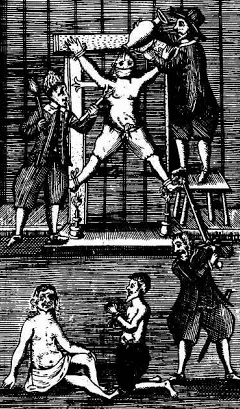
The Sex Lives of Saints
This is another book I found very useful in my work on early modern attitudes towards suffering. Virgina Burrus, The Sex Lives of Saints (University of Pennsylvania Press, 2007), discusses the saints of the early Christian period, but it got me thinking about how the accounts of these saints were received in the early modern…
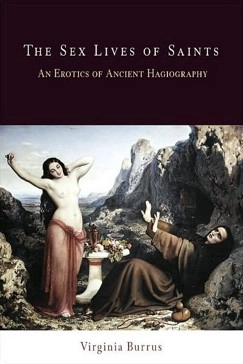
Recommended Reading: _Erotic Subjects_
Of all the modern scholarship I consulted in the writing of my own book, Melissa E. Sanchez, Erotic Subjects: The Sexuality of Politics in Early Modern English Literature (OUP, 2011) was probably the one I liked best. Admittedly, my reasons for liking it are very subjective - its treatment of the issue of the discursive…
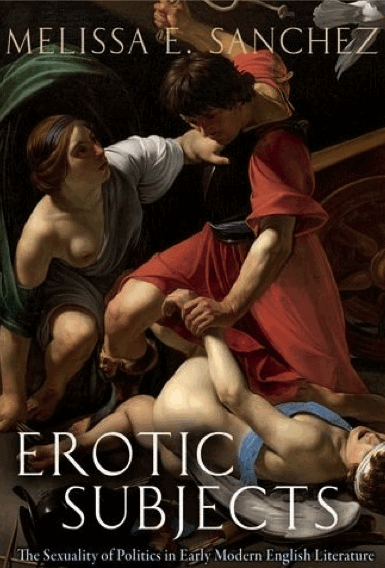
Seventeenth-Century Tidbits #2: Before the Bra – the Radical Option
As the nameless and disreputable-looking lady above and the Duchess of Monmouth below attest, the radical option was simply to go without! Find out more here.…
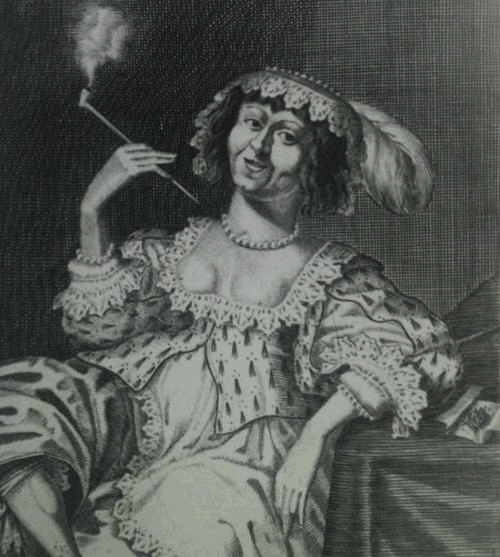
Seventeenth-Century Tidbits #1: Ladies Spat in the Theatre!
On the 25th of January, 1661, Samuel Pepys ‘went to the Theatre, where I saw again “The Lost Lady,” which do now please me better than before; and here I sitting in a dark place, a lady spit backward upon me by a mistake, not seeing me, but after seeing her to be a pretty…
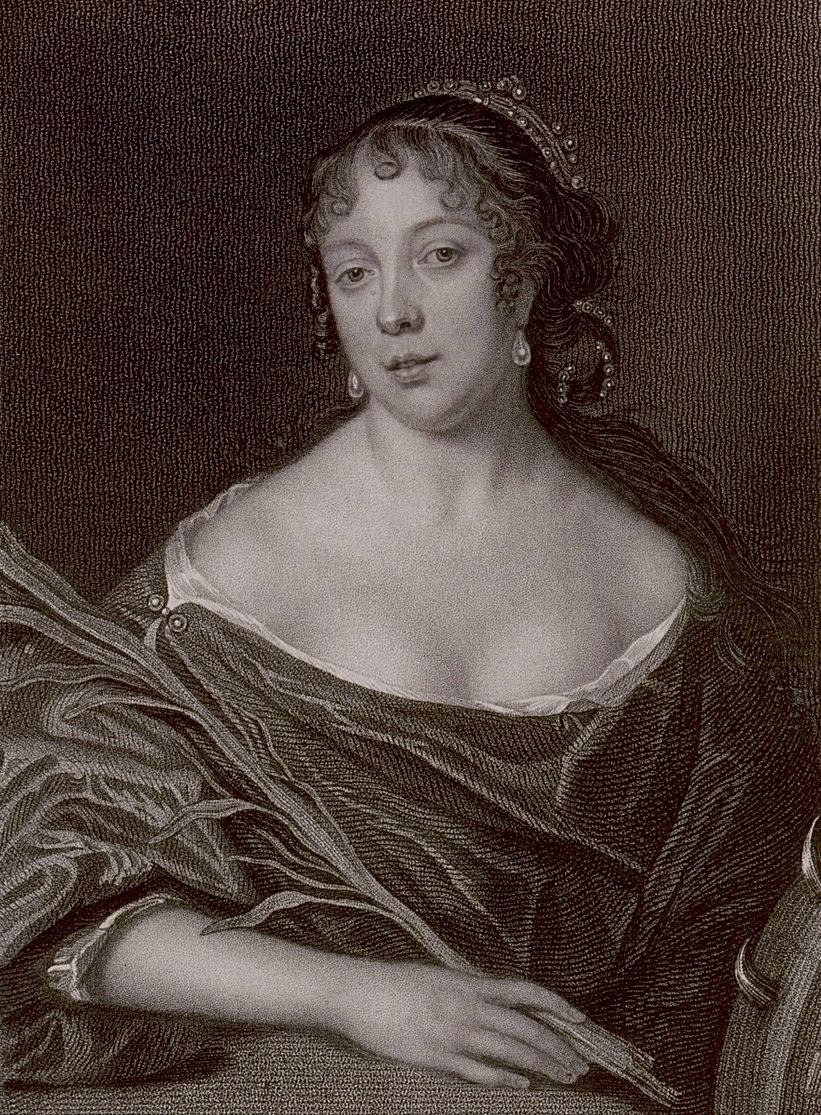
On Mary Wroth’s _Urania_
Mary Wroth's Urania (London, 1621) poses profound problems for feminist critics; here we have the first major full-length work of fiction in English by a woman and it contains some of the most graphically sadomasochistic scenes of male domination and female submission that the seventeenth century has to offer. ‘What, then, to make of this…
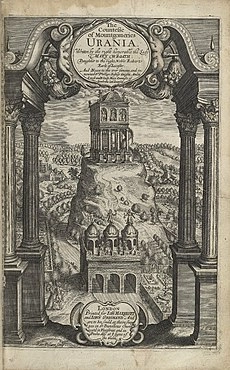
On Sexual Flagellation
Foucault analyses modern sexual identities as social constructs of fairly recent (mainly nineteenth-century) origin. He contends that, 'At the beginning of the seventeenth century there was still a certain frankness. Sexual practices were hardly kept secret ... people had a certain tolerant familiarity with the illicit' (Histoire de la Sexualité 1:…
Preview the book
Please note that, while Pain, Pleasure and Perversity: Discourses of Suffering in Seventeenth-Century England is not actually published until Monday, April 28, you can read the introduction, the contents and the index to the book free in PDF form. Download and...well, enjoy may not be quite the right word, perhaps, but I hope you will…
